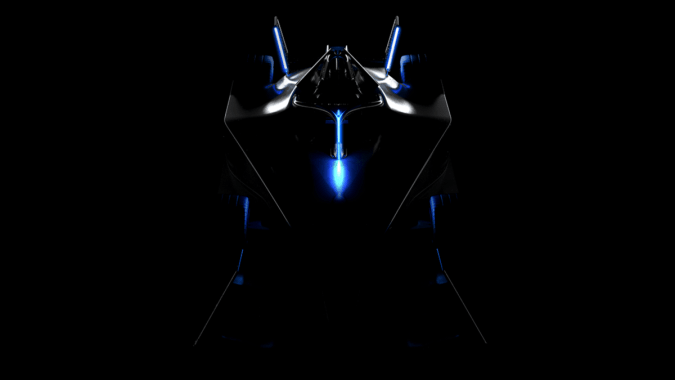D
Darrell Etherington
Guest
Kris Holt Contributor
Kris Holt is a contributing writer at Engadget.
More posts by this contributor
Formula E has announced what it claims is the planet’s most efficient race car. Teams will use the third-generation (Gen3) electric car in the 2022-23 season and can start testing it in the spring.
Not only is the Gen3 lighter and smaller than the Gen2, Formula E and the Federation Internationale de l’Automobile (FIA) say that at least 40 percent of energy used in a race will be produced through regenerative braking. As such, Gen3 will be the first formula car without rear hydraulic brakes.
The Gen3 is also the first formula car with powertrains at both the front and the rear. The rear 350kW powertrain will be complemented by a 250kW one at the front. With a total of 600kW, they’ll more than double the regenerative capability of the Gen2.
In addition, the motor can provide up to 350kW of power (470 brake horsepower) and a top speed of 200mph. Formula E and the FIA say the power-to-weight ratio is twice as efficient as an equivalent combustion engine.

Formula E
The Gen3 was designed for sustainability. It is net-zero carbon and broken carbon fiber parts will be recycled. Tires, meanwhile, will use 26 percent sustainable materials.
“In designing the Gen3 car, we set out to demonstrate that high performance, efficiency and sustainability can co-exist without compromise,” Formula E CEO Jamie Reigle said in a statement. “Together with the FIA, we have built the world’s most efficient and sustainable high performance race car. The Gen3 is our fastest, lightest, most powerful and efficient racing car yet.”
Formula E hasn’t fully shown off the design of the Gen3 yet. It only released some teaser images. However, since teams will be testing the car in a few months, it shouldn’t be too long before we get a proper look at the vehicle.
Editor’s note: This article originally appeared on Engadget.
Kris Holt is a contributing writer at Engadget.
More posts by this contributor
- Amazon opens pre-orders for its Halo View fitness band
- Peloton sues rivals over alleged patent infringement related to on-demand classes
Formula E has announced what it claims is the planet’s most efficient race car. Teams will use the third-generation (Gen3) electric car in the 2022-23 season and can start testing it in the spring.
Not only is the Gen3 lighter and smaller than the Gen2, Formula E and the Federation Internationale de l’Automobile (FIA) say that at least 40 percent of energy used in a race will be produced through regenerative braking. As such, Gen3 will be the first formula car without rear hydraulic brakes.
The Gen3 is also the first formula car with powertrains at both the front and the rear. The rear 350kW powertrain will be complemented by a 250kW one at the front. With a total of 600kW, they’ll more than double the regenerative capability of the Gen2.
In addition, the motor can provide up to 350kW of power (470 brake horsepower) and a top speed of 200mph. Formula E and the FIA say the power-to-weight ratio is twice as efficient as an equivalent combustion engine.

Formula E
The Gen3 was designed for sustainability. It is net-zero carbon and broken carbon fiber parts will be recycled. Tires, meanwhile, will use 26 percent sustainable materials.
“In designing the Gen3 car, we set out to demonstrate that high performance, efficiency and sustainability can co-exist without compromise,” Formula E CEO Jamie Reigle said in a statement. “Together with the FIA, we have built the world’s most efficient and sustainable high performance race car. The Gen3 is our fastest, lightest, most powerful and efficient racing car yet.”
Formula E hasn’t fully shown off the design of the Gen3 yet. It only released some teaser images. However, since teams will be testing the car in a few months, it shouldn’t be too long before we get a proper look at the vehicle.
Editor’s note: This article originally appeared on Engadget.
